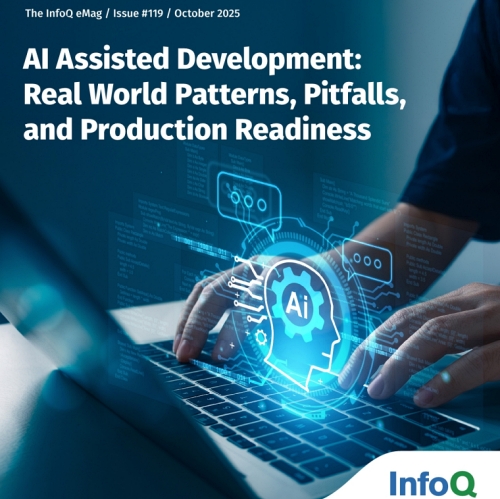QCoder Benchmark: Bridging Language Generation and Quantum Hardware through Simulator-Based Feedback
PositiveArtificial Intelligence
The recent QCoder Benchmark introduces an innovative approach to enhance language generation in the realm of quantum programming. By utilizing simulator-based feedback, this initiative aims to bridge the gap between natural language processing and hardware interaction, particularly in coding for quantum computers. This is significant as it opens new avenues for developers to create more efficient and effective programming solutions in a field that is rapidly evolving, ultimately making quantum technology more accessible.
— Curated by the World Pulse Now AI Editorial System




